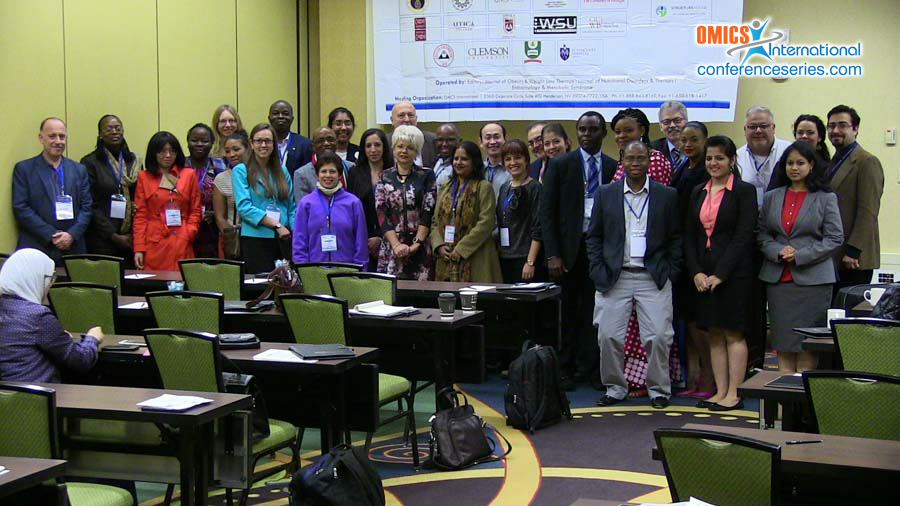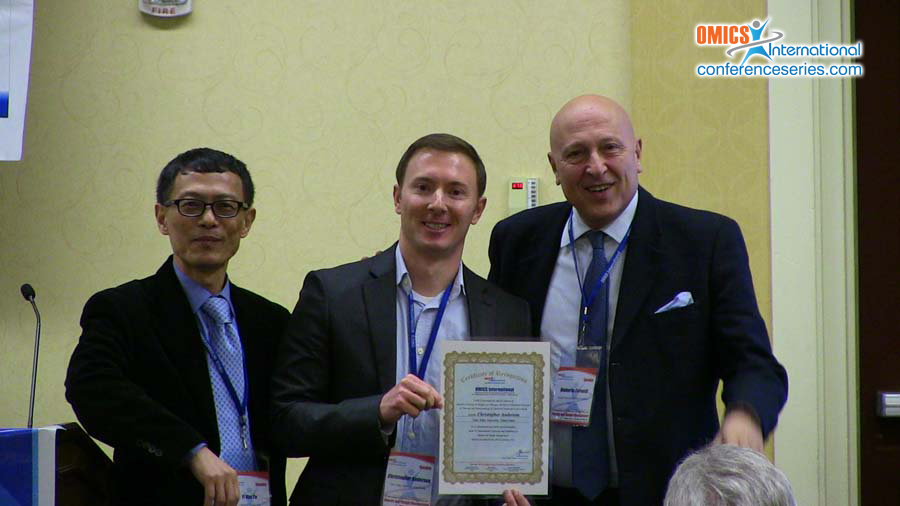
Chris Anderson
Utah Valley University Orem, USA
Title: The Clinical Utility of the Lifestyle for Weight Management Questionnaire
Biography
Biography: Chris Anderson
Abstract
Previous research has suggested multiple behavioral changes are often necessary for weight loss. However the identification of multiple behavioral patterns may be impractical in many clinical situations. The Lifestyle for Weight Management Questionnaire (LWMQ) was created to assist clinicians in the rapid identification of problematic behavioral patterns, assess motivation to change, and identify body image disturbance. Objective: To analyze the statistical properties of the LWMQ on a sample of college students. Method: 118 college students completed the LWMQ and provided information regarding their weight history. A composite lifestyle score was computed to rate participants’ overall lifestyle patterns. Results: Significant differences in overall lifestyle scores were found between individuals losing, maintaining, or gaining weight (means=86.9; 46.1; & 20.7, p < .001). Despite this, the mean lifestyle score of an individual trying to lose weight was 51.9. Significant differences also existed in feelings of guilt and shame and body dissatisfaction between normal weight and obese participants (p < .05). Discussion & Conclusions: The LWMQ is a potentially useful clinical tool to enhance clinical interviews related to weight management counseling. Individuals trying to lose weight may often underestimate the amount of lifestyle changes necessary for weight loss. Obese individuals’ likely experience increased negative emotions related to body image and eating. Further research should examine how the LWMQ performs with different populations.



